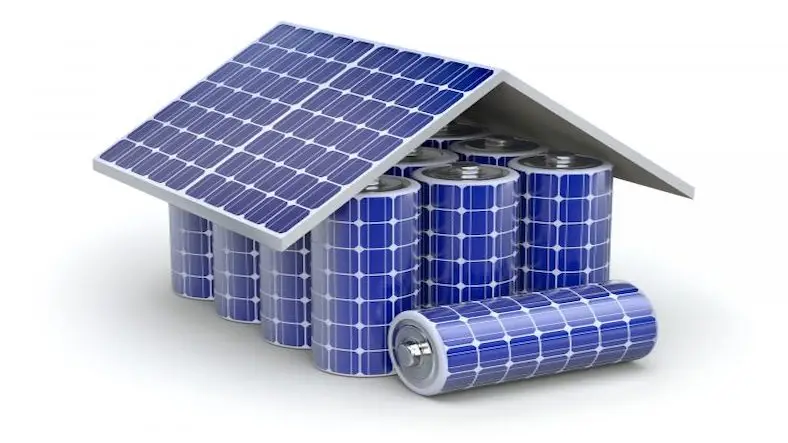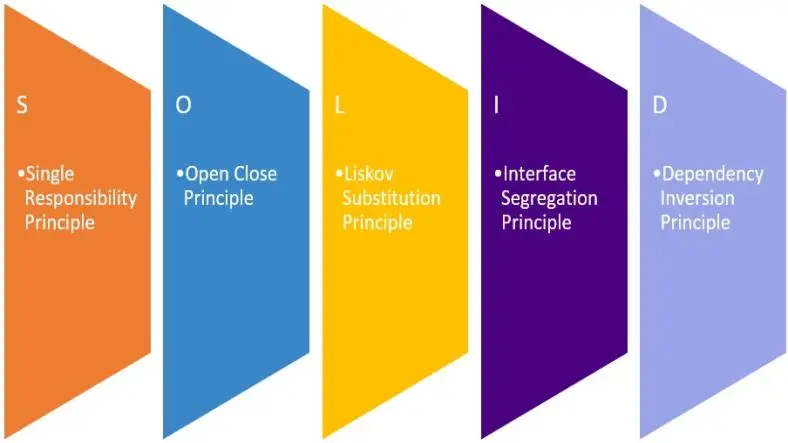When it comes to choosing batteries for a solar panel system, several options are available. The best battery for your home will depend on factors like budget, energy requirements, available space and desired lifespan.
Here are some of the most common types:
- Lithium-Ion Batteries:
- Advantages:
- High energy density, which means they can store a lot of energy in a relatively small space.
- Long lifespan, typically around 10-15 years.
- Fast charging and discharging capabilities.
- Popular Brands: Tesla Powerwall, LG Chem RESU, BYD B-Box.
- Advantages:
- Lead-Acid Batteries:
- Flooded Lead-Acid:
- Less expensive compared to other options.
- Lower energy density and shorter lifespan (about 5-8 years).
- Requires regular maintenance (water topping).
- Valve-Regulated Lead-Acid (VRLA):
- Absorbent Glass Mat (AGM) and Gel batteries are types of VRLA batteries.
- Maintenance-free, sealed and can be installed in various orientations.
- Moderate energy density and lifespan (around 5-10 years).
- Popular Brands: Trojan Battery, Rolls Surrette, Crown Battery.
- Flooded Lead-Acid:
- Flow Batteries:
- Store energy in chemical electrolyte solutions rather than solid electrodes.
- Can have long lifespan (10-20 years) and can be cycled deeply without degradation.
- Generally more expensive and less energy-dense than lithium-ion.
- Nickel-Iron (NiFe) Batteries:
- Known for their durability and longevity, with a potential lifespan of 30+ years.
- Tolerant to overcharging and deep discharging, making them highly resilient.
- Lower energy density and less common compared to other options.
- Saltwater Batteries:
- Use a water-based electrolyte, which is considered safer and more environmentally friendly.
- Generally have lower energy density and higher upfront costs compared to lithium-ion.
- Sodium-Ion Batteries:
- A newer technology with potential for high energy density and low cost, but currently less mature than lithium-ion.
- Hybrid Batteries:
- Combine different battery chemistries to leverage the strengths of each type.
- Ultracapacitors (Supercapacitors):
- Store energy electrostatically, providing rapid charge and discharge capabilities.
- Generally have lower energy density compared to traditional batteries.
Ultimately, the best battery choice will depend on your specific requirements, including budget, space availability, expected lifespan and desired level of maintenance. It's advisable to consult with a professional solar installer who can assess your needs and provide tailored recommendations based on your location and energy consumption patterns.
Additionally, consider factors like local climate, available incentives and warranties offered by the battery manufacturers.
Thanks for reading the article, for more Science and Technology related articles read and subscribe to peoples blog articles.















